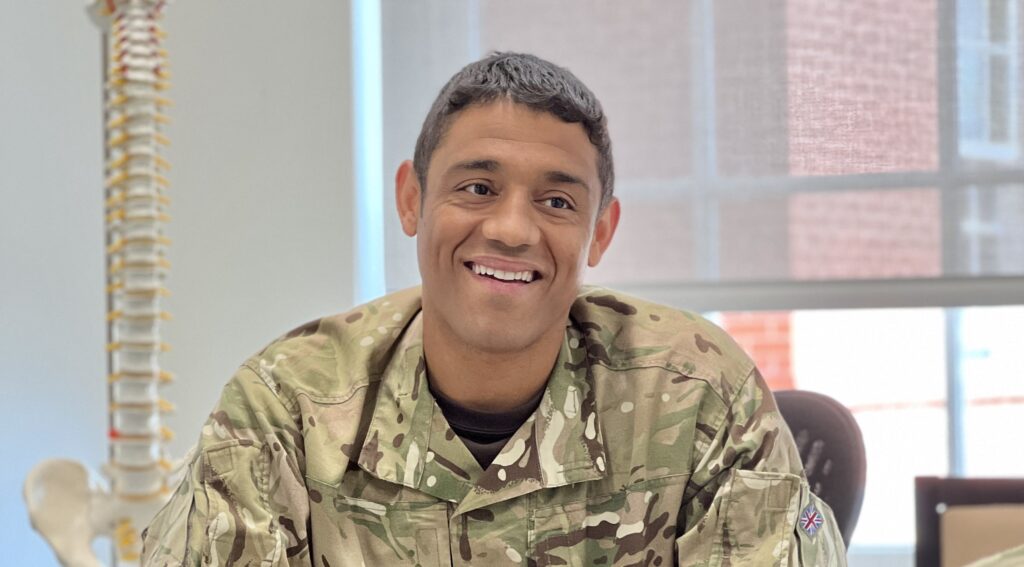Pioneering clinical trial could restore bowel and bladder function after an SCI
The first three paralysed people have been implanted with a nerve stimulation device in a groundbreaking clinical trial aimed at restoring bowel and bladder function after a spinal cord injury.
The potentially life-changing ImPRESS project at the Royal National Orthopaedic Hospital, Stanmore, brings together a coalition of charities, industry, clinicians and researchers.
Spinal Research is driving funding of clinical trials in this area and has channelled a directed donation of nearly £300,000 from the Injured Jockey’s Fund (IJF) to the Stanmore team to investigate whether nerve stimulation therapy and pelvic floor training can restore bowel function.
A grant from the Brain Research Trust is already funding a collaborative study at Stanmore looking at the potential of neuromodulation to bring back bladder function.
Consultant spinal surgeon Lt Col David Baxter is leading the ImPRESS trial with University College London Associate Professor Dr Lynsey Duffell.

He said: “Existing bowel management techniques are far from ideal as around half of people living with spinal cord injury continue to experience incontinence, constipation and infections. Improving this is a priority.
“We have compelling evidence that neuromodulation of specific nerve roots could meaningfully enhance bowel management after a spinal cord injury and it’s crucial to translate these benefits to people.”
Electrical stimulation is initially trialled in hospital to measure the effects on bladder function. People who respond well are then offered a fully implantable epidural stimulator for use at home for bladder and bowel function alongside a programme of pelvic floor muscle training.
The first three ImPRESS trial participants have now been implanted with the stimulator device and two more are scheduled for the procedure before the end of the year. The Stanmore team are looking to recruit a further eight participants for the next trial cohort with results expected in 2027.
Spinal Research Chief Executive Louisa McGinn said: “Curing paralysis is a journey of restoring the functions stolen by a spinal cord injury and it’s one we have now started. Restoring things like bowel and bladder function will make such a huge difference to the quality of life of millions of people around the world.
“We’re very excited about where things are heading. There is genuine momentum and positivity in the research space. Curing paralysis will be the medical breakthrough of the 21st Century but we need a substantial increase in funding to accelerate the translation of the science into meaningful treatments.”